Organic food is produced on farms that do not use synthetic pesticides, herbicides or fertilizers. They also must not use sewage sludge, genetic engineering or ionizing radiation on their farm land.
Research has shown that choosing organic foods can improve your health. However, it is important to remember that your overall dietary habits have an effect on these outcomes.
What is organic?
Organic food is produce, dairy products and meat that has been produced using farming methods that comply with strict government standards. These practices are designed to promote environmental and human health, and conserve biodiversity.
A wide variety of foods are now certified as organic. These include fruits, vegetables, grains, legumes, and dairy products.
To qualify for certification, food must be grown without synthetic pesticides or fertilizers. It also must not contain antibiotics or growth hormones.
Some studies have shown that organic foods are slightly more nutritious than conventionally-grown ones. They may have less nitrate and more of certain vitamins, minerals, and antioxidants.
While organic foods are usually more expensive than their non-organic counterparts, it can be worth the extra cost for their nutrient content. You can also save money by buying fresh, local produce at your farmers’ market or grocery store when it is in season.
What is the difference between organic and conventional food?
Many people believe that choosing organic foods over conventional ones is healthier for their bodies. But is this true?
The answer to this question depends on your personal preferences, lifestyle and budget. However, most nutritionists agree that it is a good idea to make a concerted effort to incorporate more organic food into your diet.
A lot of people choose to buy organic because they are concerned about pesticide residues in their produce. Some studies have shown that some organic fruits and vegetables contain less pesticide residue than their conventional counterparts.
In general, organic farmers do not use chemical fertilizers or pesticides on their farms, so they rely on natural methods such as crop rotation and hand weeding. They also avoid the use of bioengineered genes (GMOs). This produces a more sustainable, healthy and environmentally friendly production system. Organic farming is more expensive than conventional farming, but it is often worth the extra expense if you are concerned about pesticides or other environmental issues.
How can choosing organic food over conventional food benefit my health?
Organic food is usually grown and processed without the use of synthetic pesticides, herbicides or fertilizers. This helps to protect your health by reducing your exposure to toxic chemicals.
People who have allergies or digestive issues may find their symptoms lessen or disappear when they eat only foods that are certified organic. Additionally, eating a variety of different fruits and vegetables can help reduce the risk of certain cancers and other diseases, including heart disease.
In addition, organic foods are more nutrient dense than conventionally-grown foods. For example, studies have found that organic milk has more antioxidants and vitamins than conventionally-grown dairy products.
Choosing organic food can be a good way to support your health, but it is also important to remember that it can be expensive and not accessible to everyone. It is best to make a decision that is best for your family’s needs and budget.
Which is more expensive?
One of the most important debates in the food world is whether organic or conventionally-grown produce is healthier to eat. There is no clear answer to this question, though a few studies suggest that organic foods may be higher in nutrients than non-organic fruits and vegetables.
Another major concern is that organic fruits and vegetables tend to be more expensive than their conventional counterparts. This is because organic farmers use more expensive farming practices and have stricter government regulations to meet.
Some of the ways they control weeds and pests are also more labor-intensive than other methods. For example, organic growers may hand weed their crops instead of using a synthetic herbicide.
However, it is possible to find a mix of both types of food at your local grocery store. Try to purchase organic foods that are in season or sign up for a CSA share from a local farmer. These options can help you stay within your budget and get the best produce for your money.
Frequently Asked Questions
Why is organic foods important?
It is essential for our health to eat organic produce. It is the best way for us to eat healthy food. It is healthier for us than any pesticides or fertilizers and it is also more eco-friendly.
Organic farming uses natural methods to grow crops without harmful chemicals. This results in fewer environmental pollutants and makes organic farming safer. When you choose organic food, both you and the earth are protected.
However, organic food is good for our health. We all know the negative effects that processed foods can have on our health. Did you know that organic fruits and veggies aren't subject to chemical spray? They taste fresher, look better and last longer.
Organic food is so important. Organic is healthy for your health and for the environment.
Do organic foods offer health benefits?
Organic foods may not be healthy for everyone. They can be beneficial for your health if you eat them often.
Organic food is produced without artificial fertilizers, pesticides, herbicides, fungicides, hormones, antibiotics, or genetic engineering. Organic produce does not contain harmful chemicals that could be harmful to the human body.
Organic products also have fewer additives. You're more likely to eat organic products than you are non-organic.
Studies have shown that organic fruits and vegetables contain more nutrients than those grown conventionally.
While organic farming is more expensive than traditional farming, it often produces better results. Organic agriculture encourages soil fertility, biodiversity and biodiversity.
This helps protect against erosion and conserve water resources. Organic farms also require less energy and fuel, as they aren't treated using toxic chemicals.
Some people worry that organic foods are more expensive than conventional ones. However, prices can vary depending upon where you live. Organic apples, for example, are more expensive than regular apples.
But, if we look at the total cost of a combination of both types and fruits, we'll see organic is much cheaper.
So should you go organic?
It depends on what kind of person you are. Organic food is not for you if you don’t like it.
However, if you enjoy good-tasting food, you can buy organic food. Organic food is safer because organic produce is not grown by commercial growers who use pesticides and chemical fertilizers.
Organic agriculture conserves the environment and promotes biodiversity.
Is organic food better for us?
According to the Environmental Working Group's recent report on pesticide residues within foods, organic fruits & vegetables contained nearly half of the pesticides that non-organic varieties. Organic strawberries contained four times more pesticides that their conventional counterparts, and organic apples contained eight percent less.
Another study suggests that organic food can reduce exposure to toxic metals such as lead and mercury. For instance, one study showed that children who consumed organic meat had 33% less blood lead levels than children who did not. A second study found that conventional fish should be avoided by pregnant women due to the high levels of mercury.
Overall, organic food does seem to be safer than its non-organic counterpart. Experts recommend fresh vegetables and fruits whenever possible in order to reduce the risk of getting cancer.
What are natural beauty products?
Organic Beauty Products don't contain synthetic chemicals such as parabens. These ingredients are present in all conventional beauty products including shampoos and cosmetics.
Organic beauty products can also be made without animal testing, and they do not contain any genetically altered organisms (GMO).
The USDA defines organic food as "a system which fosters cycle of resources"; it has been used for decades by the USDA to describe foods that are grown without pesticides.
Due to the adverse effects of chemicals on our bodies, there has been a growing demand for eco-friendly cosmetics in recent years.
These include allergies, cancer, skin irritation, hormonal imbalance, early aging, and skin irritation.
Organic beauty companies believe in creating safe and healthy products while protecting the planet.
What are organic foods?
Organic produce is produced without synthetic fertilizers or pesticides. There are no growth hormones used and animal testing is not performed. These crops can be grown naturally by farmers, and they don't need to be treated with chemicals to control pests or weeds.
Organic farming practices can also preserve soil quality by reducing erosion, and conserving water resources. In addition, organics are better for our health because they contain more nutrients than conventional food. Organic products tend to be higher in fiber and lower fat than conventionally produced foods.
How can you tell if food is organic?
Fresh ingredients are what chefs value the most. Because we feel better when we eat well.
This is true for food as well. We can identify exactly where and how organic foods were grown when we purchase them. We also know it was not treated using harmful chemicals.
Organic foods are produced without using synthetic pesticides, fertilizers, hormones, antibiotics, or genetically modified organisms (GMO). Organic farmers aren't allowed to use these substances.
Organic farming doesn't have to be difficult. You have many options to safely grow them.
Sustainable agriculture is also known as organic farming. This is because organic farming uses less resources than conventional methods but provides enough nutrients for life to last.
Organic farming practices include crop rotation, composting manure, cover cropping, and intercropping. These practices help to prevent soil erosion and improve water purity.
They reduce the amount of chemical runoff that can enter waterways. Local farms can be found in cities that raise organic produce.
There are two types of certification programs for organic products. The USDA National Organic Program certifies one, while independent certifying agencies certification the other. Both require strict conformity to organic standards.
USDA seals, or O Seals, may be attached to certified organic products. These symbols indicate that the product meets federal requirements.
Statistics
- Popular clothing brands, like Patagonia, are labelled as organic by using 100 percent organic cotton for many of their styles. (en.wikipedia.org)
- Cosmetic brands such as Laurel and Rose Mira are 100 percent organic and have a wide array of skincare products. (en.wikipedia.org)
- When packaged products indicate they are “made with organic [specific ingredient or food group],” they contain at least 70% organically produced ingredients. (usda.gov)
- According to a study performed by consumerreports.org, organic products, compared to non-organic products, ranged anywhere from 13 percent cheaper to 303 percent more expensive. (en.wikipedia.org)
External Links
sciencedirect.com
- Organic food and impact on human health: Assessing the status quo and prospects of research - ScienceDirect
- Technical note: Simultaneous Vitamin and Carotenoid Analysis of Milk from Total Mixed Ratio-Fed Cows - ScienceDirect
usda.gov
doi.org
- Occupational Pesticide Exposures and Cancer risk: A Review: Journal of Toxicology and Environmental Health Part B Vol 15, No 4
- Genetically modified foods - safety, risks and public concern - A review - Journal of Food Science and Technology
ams.usda.gov
How To
What you need to know about organic foods
Organic foods are plants and animals grown without pesticides, chemical fertilizers, or additives. They can't be genetically modified or exposed to ionizing radiation. The food must not contain artificial flavours, colours, flavour enhancements, or preservatives. It should not include genetically modified organisms (GMOs).
The term "organic", as it is commonly known, was first used by Justus von Loig in 1845. He coined the phrase "organisch", which means life-giving, to describe manure's properties. Most people associate organic with food production. Organic means the product has only natural substances like proteins, carbohydrates, and fats that are found in nature.
The consumption of organic foods has risen dramatically in the past decades. According to recent statistics, about 50% of the global population consumes at-least one organic product every day. This percentage continues to rise and is projected to increase by 70%, 80%, or 90% by 2020.
There are many reasons why consumers choose organic products. Some consumers prefer organic products for the taste. Other people prefer them because organic produce is more nutritious. Still others believe organic farming is better for the environment. But, non-organic products can be a good choice because there are ethical concerns over the treatment and welfare of farm workers.
While organic food is generally more expensive than traditional foods, prices do vary depending upon where you live. There are many factors that influence the cost of organic foods. One is the availability and cost of land that can be used for organic agriculture. The cost of inputs and labor required for organic cultivation is another factor. Transport costs, marketing costs and taxes are also important. The average European price for organic food is 10% lower than the regular price.
Here are some key differences between organic and traditional foods.
- Organic produce is completely free from chemicals, hormones and antibiotics.
- Organic livestock is fed grasses & grains, not corn and soybean meal.
- Organic milk comes from cows fed only grasses and hay.
- All organic raw materials are certified organic.
- No pesticides or other harmful chemicals are allowed during organic fruits and vegetables' growth and processing stages.
- Organic meat, poultry, and seafood do not undergo radiation.
- Before using raw nuts or seeds, they must be soaked.
- Organic cooking only uses healthy oils.
- Organic eggs are laid by hens, and have access to the outdoors.
- The traditional methods used by bees to extract honey organically are still in use today.
- Organic chocolate is made with beans and sugar grown organically.
- Organic wines are made without chemical additives.
- Organic tea leaves come from plants picked by hand.
- Organic cotton can be grown without pesticides or herbicides.
- Organic flours and cereals are free from artificial colours, preservatives, or flavors.
- Shampoos and soaps made from all natural ingredients are free of harsh chemicals.
- All-natural cosmetics have no side effects on the skin.
- All natural cleaning products are biodegradable, eco-friendly, and non-toxic.
- All natural products for the body are hypoallergenic, dermatologically tested, and hypoallergenic.
- All-natural products for personal hygiene are safe to use with babies as they don't contain any fragrances.
- The all-natural baby formulation does not contain bovine serum nor animal rennet.
Resources:
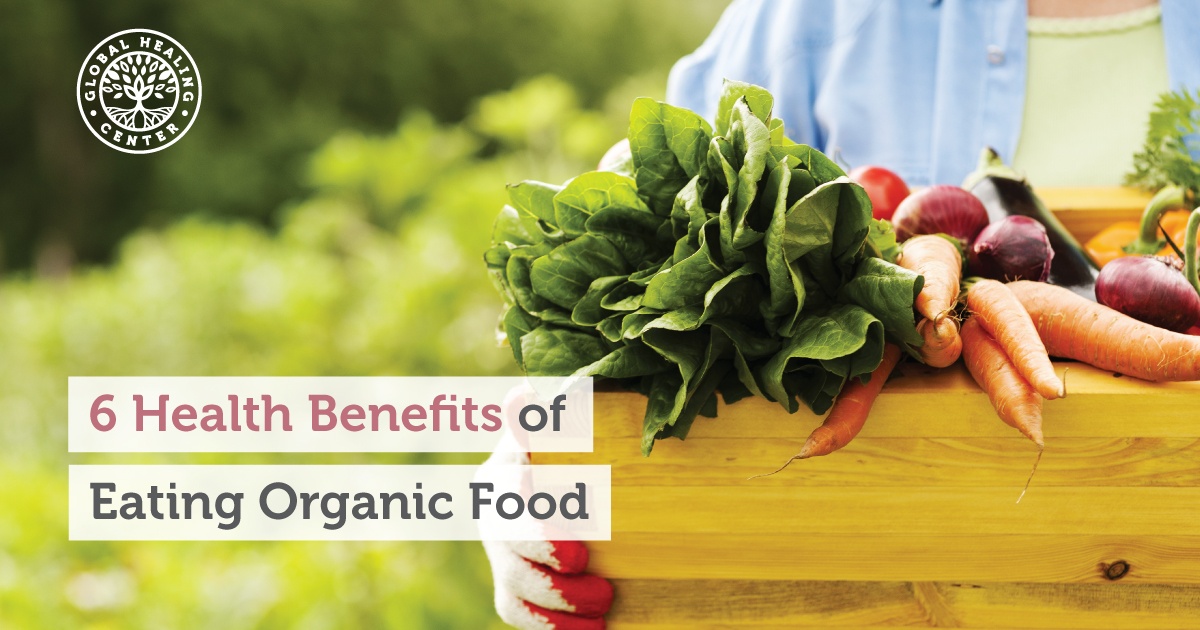 |
Nuts and SeedsNuts and seeds are nutrient-rich crunchy tidbits that add a protein, fiber and healthy fat punch to meals and snacks. They’re also a great source of.. |
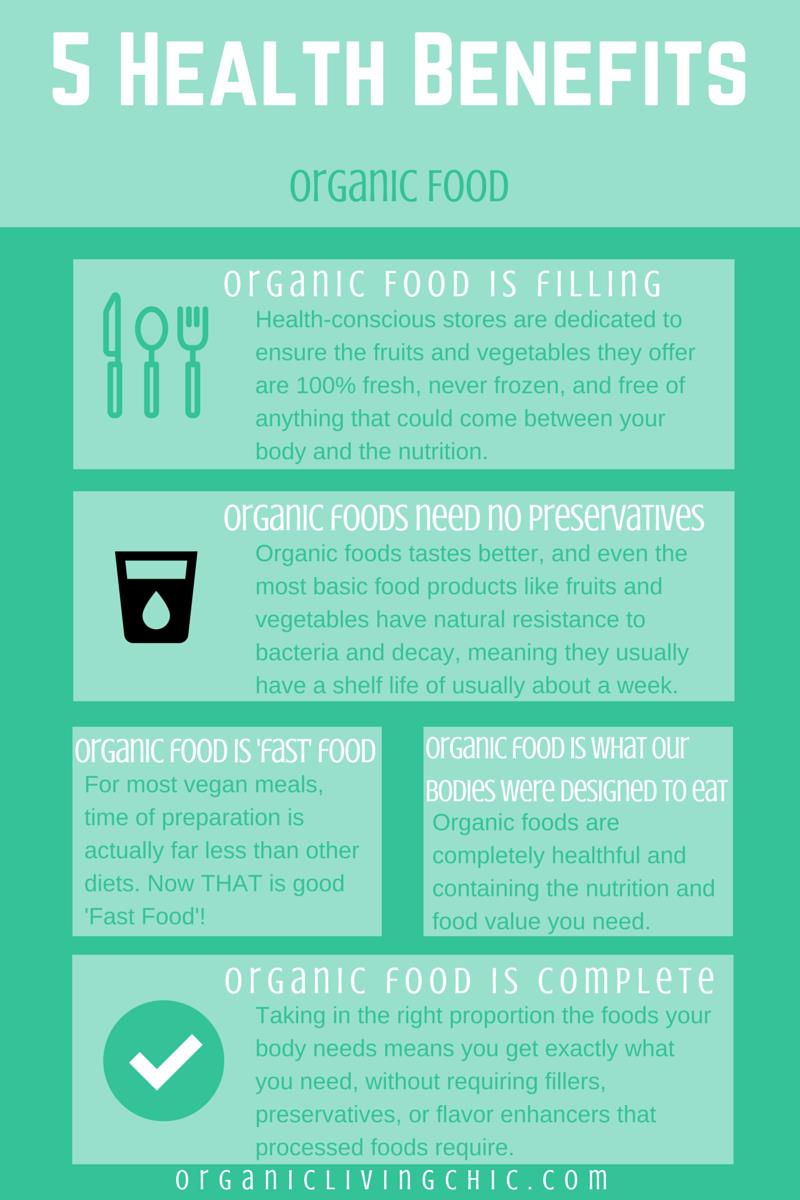 |
Organic Food For A Six Pack? The TRUTH About Organic vs Conventional Foods!Get ripped and keep your strength: http://goo.gl/uLzHn6 Hey guys, it's Clark over at Six Pack Shortcuts and today we're gonna talk about organic vs |
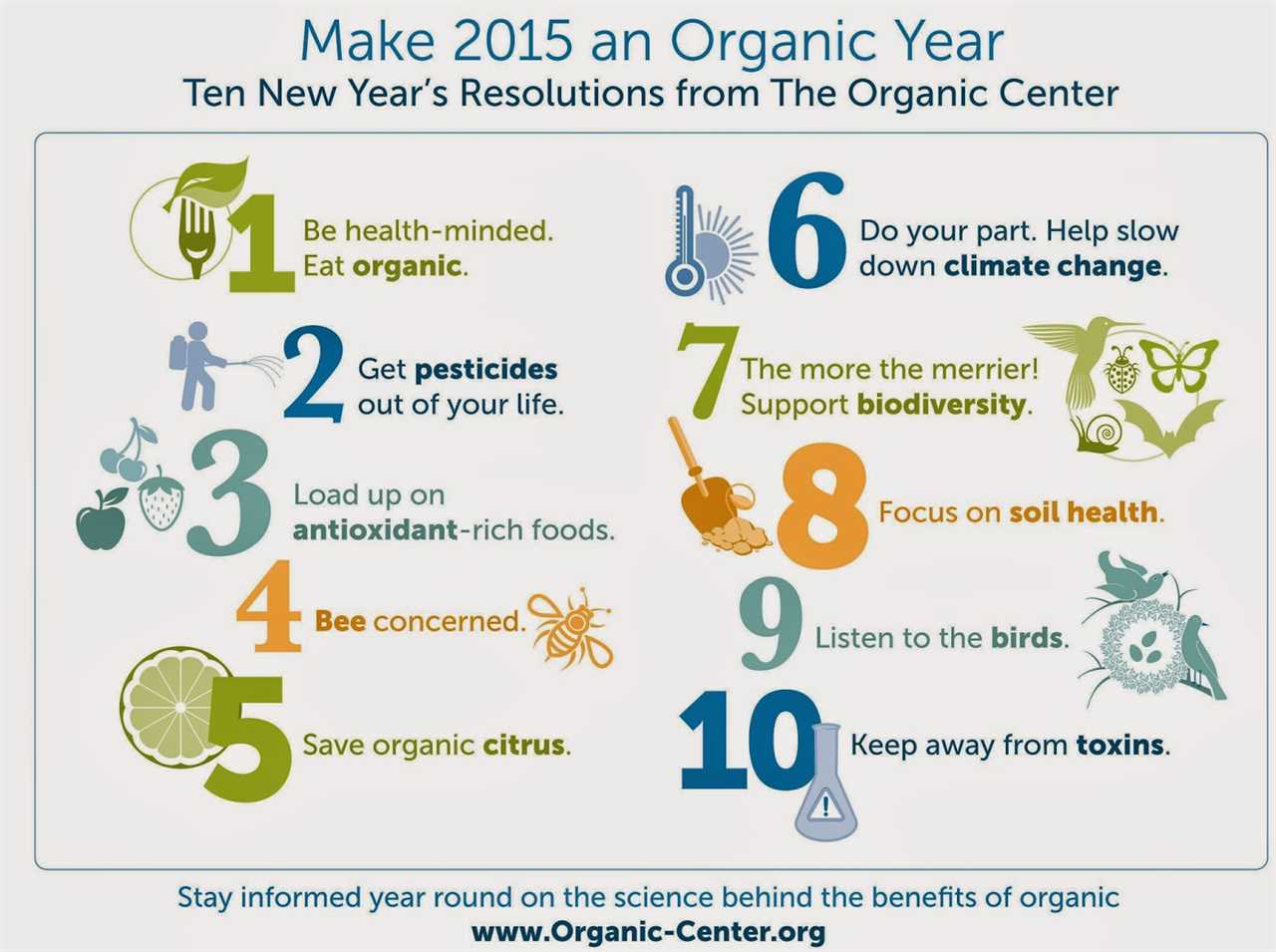 |
Organic vs Conventional Produce - The Dirty Dozen & Clean 15 ExplainedClick https://skl.sh/flavcitywithbobbyparrish to get 2 months of Skillshare for FREE! Here is a full review of the dirty dozen fruits and vegetables and |
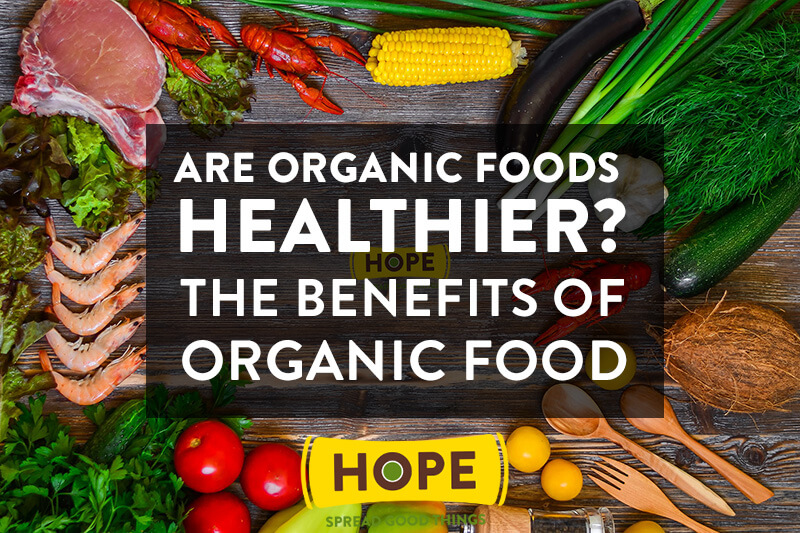 |
Are Organic Foods Really Healthier?It's widely believed that organic foods are more nutritious and safer than non-organic foods, even though the evidence is far from clear. Food certified as |
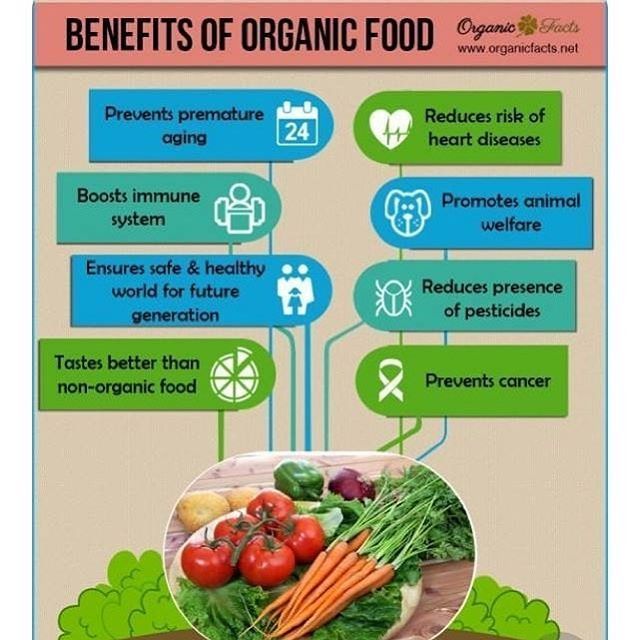 |
Are GMOs Good or Bad? Genetic Engineering & Our FoodAre GMOs bad for your health? Or is this fear unfounded? OUR CHANNELS German Channel: https://kgs.link/youtubeDE Spanish Channel: |
 |
How the food you eat affects your brain - Mia NacamulliView full lesson: http://ed.ted.com/lessons/how-the-food-you-eat-affects-your-brain-mia-nacamulli When it comes to what you bite, che […] |
 |
Is Buying Organic Food Worth The Cost?Subscribe to Goodful: https://bzfd.it/2QApoPk Goodful Goodful Feel better, be better, and do better. Subscribe to Goodful for all your healthy self care |
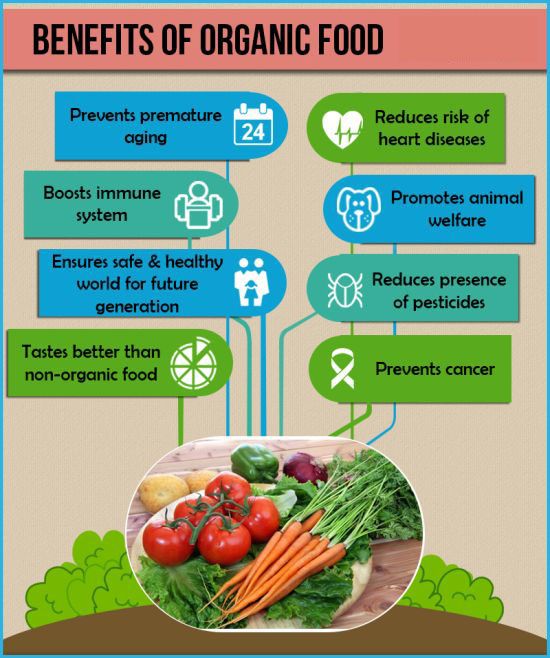 |
Benefits of Choosing Organic Gluten-Free OptionsIf you’ve been diagnosed with gluten sensitivity or celiac disease, you know how hard it can be to avoid foods containing wheat and other grains. But |
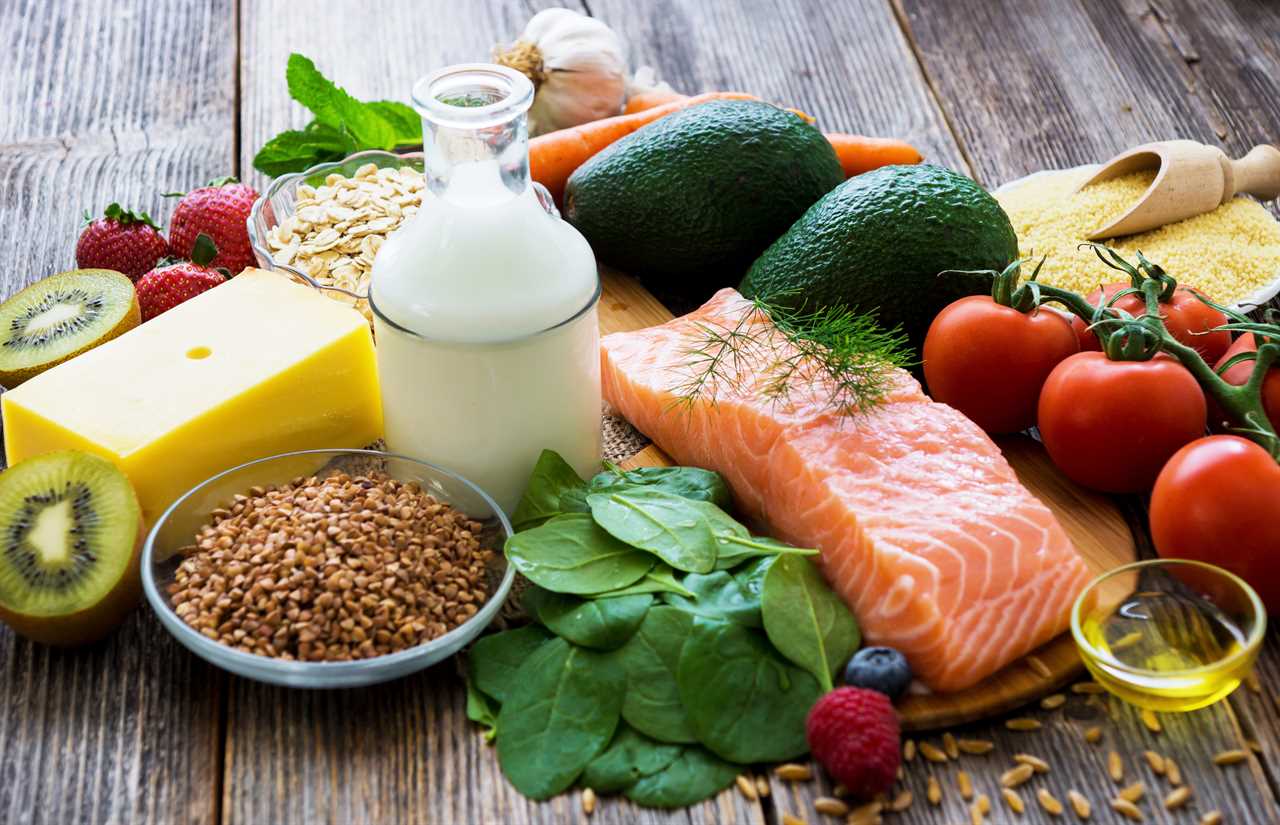 |
Joseph Wang LIVE (Bank Bailouts and Moral Hazards Deep Dive)buy my stuff Come to rebel capitalist live at https://rebelcapitalistlive.com Check out my private, online investment community (Rebel Capitalist Pro) |
 |
Organic Farming and Soil HealthOrganic farming practices promote soil health through crop rotations, symbiotic associations, cover crops and minimum tillage. These management.. |
 |
Research Reveals How Your Body Reacts When You Eat Only Organic FoodsThere is a growing belief that organic foods are healthier for us than non-organic foods. This ever-increasing belief is responsible for significant growth in |
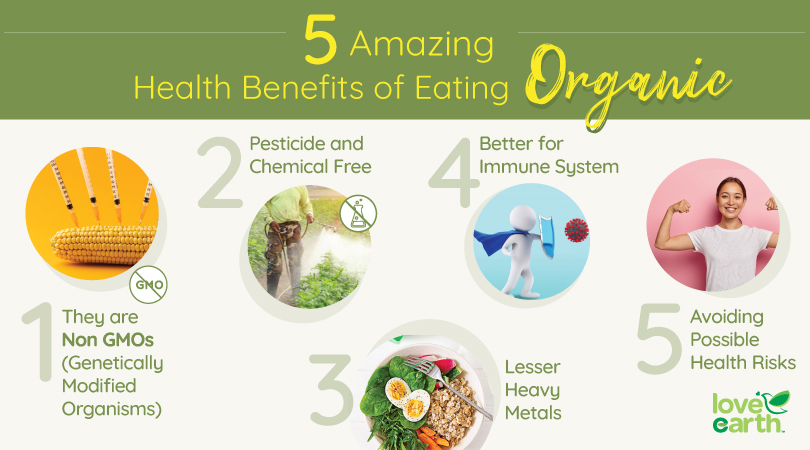 |
Stop Wasting Money on These ORGANIC Veggies (you don’t need to buy them organic)Click Here to Subscribe: http://Bit.ly/ThomasVid Get MY Recommendation on Groceries Delivered to Your Doorstep with Thrive Market: http: […] |
 |
If You Eat an Avocado a Day For a Month, Here''s What Will Happen to YouWhat Will Happen to Your Body If You Eat Avocado Every Day. The avocado is a unique fruit with multiple nutritional and health benefits. How would your body |
 |
Korean GardeningKorean gardening is one of the oldest ways to grow plants. It involves planting herbs, fruits, and vegetables that are used in kimchi, a type of.. |
 |
The Rodale InstituteThe Rodale Institute is a nonprofit organization that aims to support research into organic farming. It was founded in 1947 by J. I. Rodale, an.. |
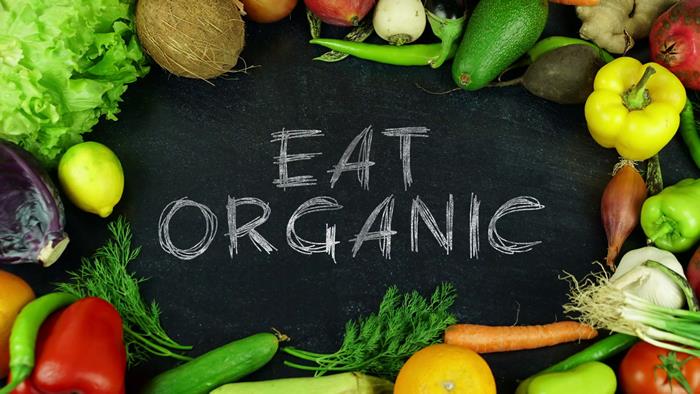 |
Organic eatingOrganic Cultur |
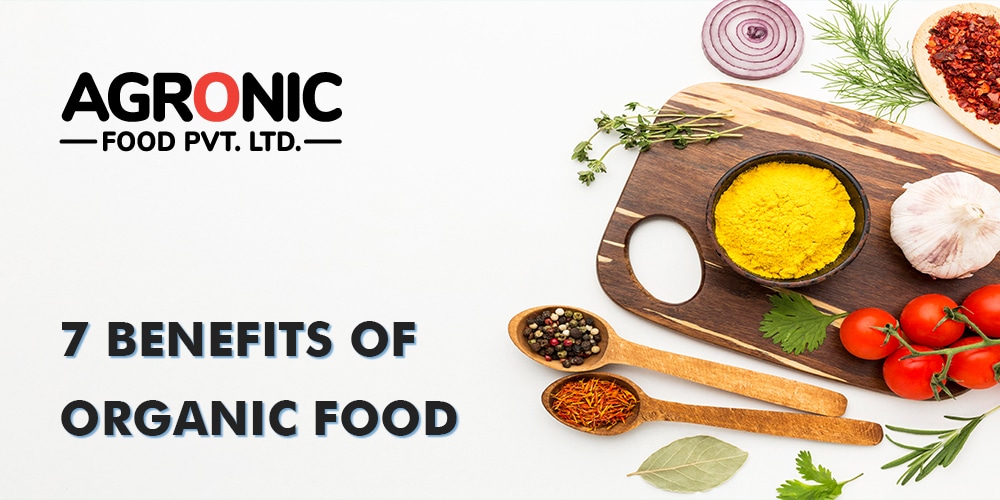 |
What is a Conventional Farm?Conventional farm is the term used to describe a farm that is not organic. It is a form of agriculture that is associated with better soil quality,.. |
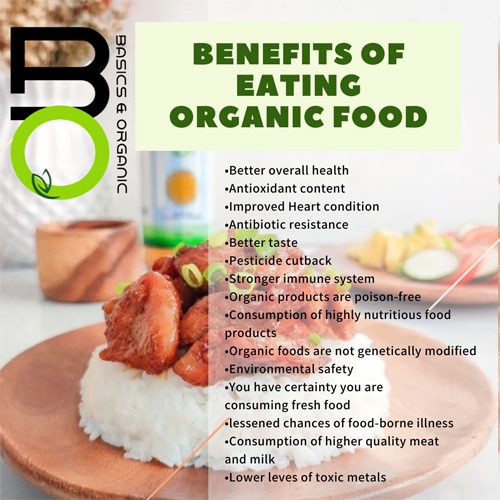 |
Chhattisgarh's Organic Farming SchoolsThe government of Chhattisgarh has started to introduce organic farming schools. This initiative is intended to provide the young generation with the |
 |
Can Organic Be GMO?The question Can organic be GMO is an ongoing debate among many consumers. While it's possible to eat foods that have been produced using genetic.. |
 |
When Did Organic Food Start?The answer to the question when did organic food start? will vary depending on the time period in which you are looking at. For instance, it may be a |
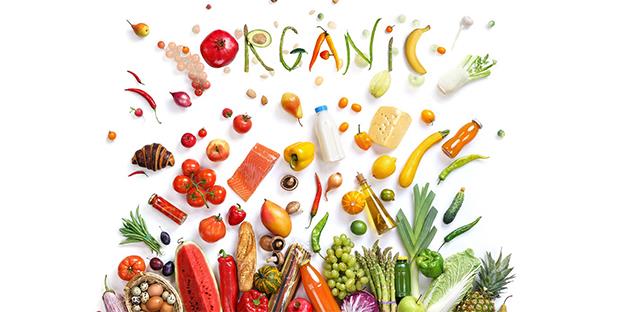 |
Organic Farming PrinciplesOrganic farming is a practice that is designed to be sustainable and healthy. Its principles include avoiding harms produced by industrial farming.. |
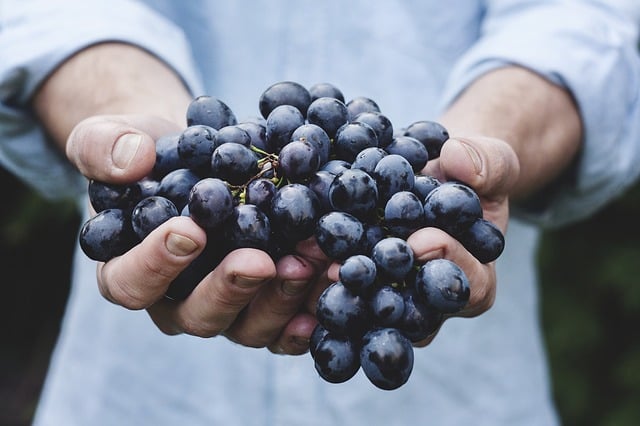 |
Soil Composition and BiodiversityThe soil that we have around us is a vital part of our lives. It is the home for many plants and animals. It also has a texture, a color, and many.. |
 |
The Benefits and Pitfalls of Organic Farming OrganizationsOrganic farming is an approach to farming that is not only ecologically sound, but also financially feasible. It is a method that is free from.. |
 |
Exotic VegetablesWhen it comes to vegetables, there are plenty of choices to choose from. Some of the most popular choices include broccoli, corn, carrots, and.. |
 |
Learn How to Become an Organic Farmer Through a Training ProgramIf you are looking to become an organic farmer, there are several ways you can do so. One option is to take a training program that will teach you.. |
 |
Benefits of Cover CropsIf you aren't familiar with cover crops, you may be surprised to learn that they are plants that are planted to grow on top of the soil to help.. |
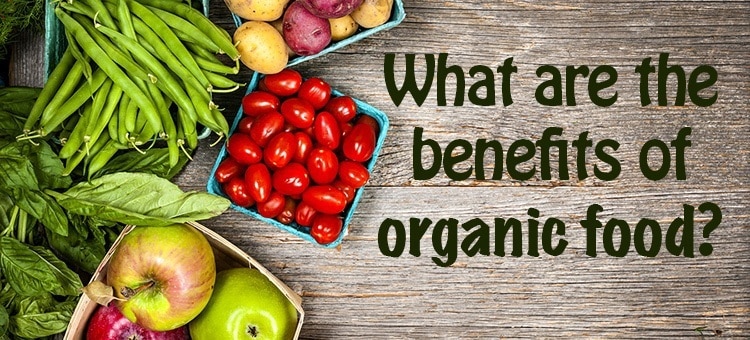 |
What is Organic Cotton?Organic cotton is the type of cotton that is grown without using pesticides or chemicals. It is also the type of cotton that is grown in subtropical.. |
 |
Is Organic Farming Beneficial to Biodiversity?Organic farming is a growing interest in the scientific community, and researchers have been investigating whether the practice is beneficial to.. |
 |
The Benefits of CompostingComposting your waste can be a very effective way of ensuring that your organic material is being broken down to the best of its ability. When.. |
 |
The Difference Between Organic Milk and Regular MilkOrganic milk is a type of milk that comes from livestock that is raised according to organic farming methods. This is a term that is regulated by.. |
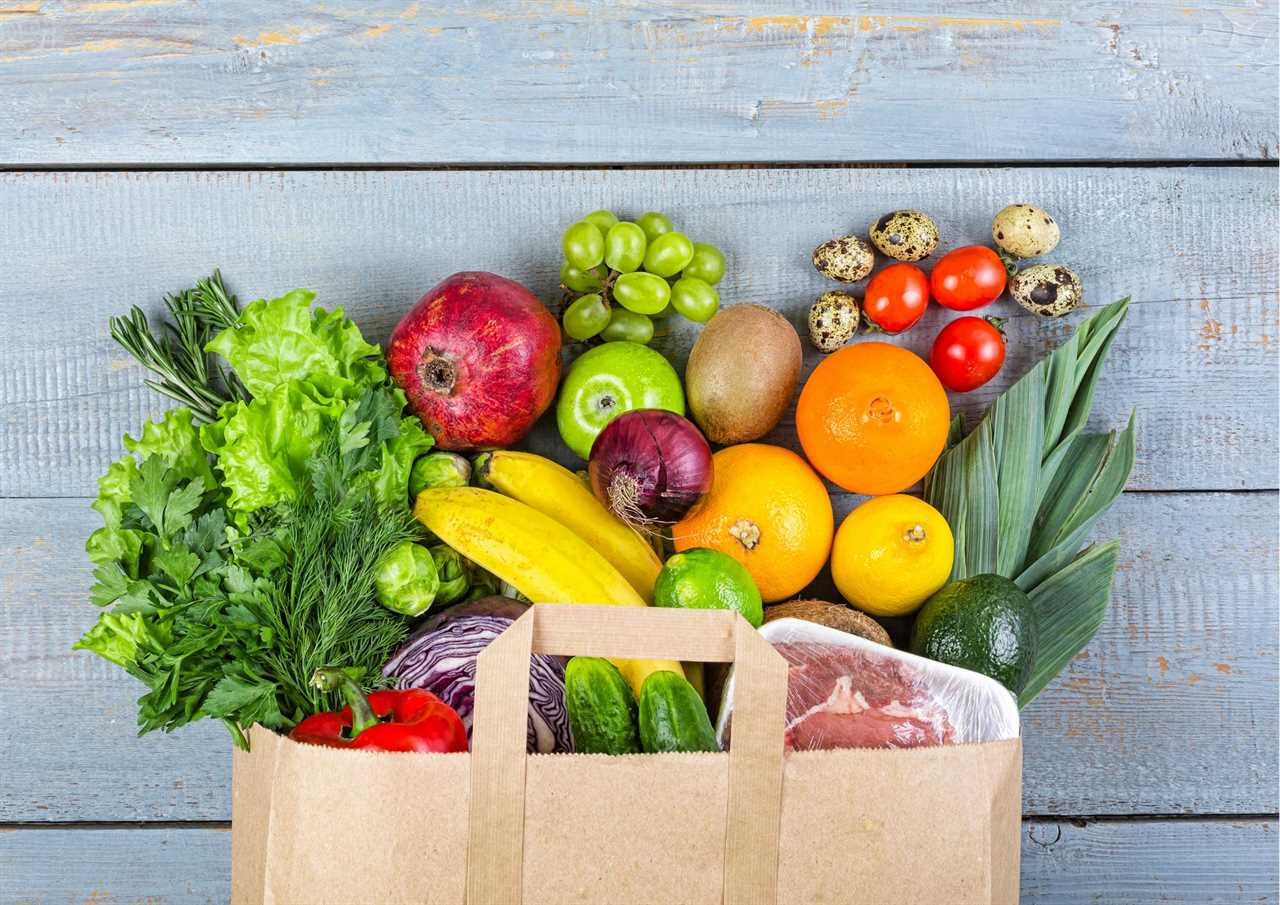 |
Organic Farming MagazineOrganic farming magazine is a resource that provides you with the latest information on organic agriculture, health, and sustainability. It also.. |
 |
The Latest Research on Organic | The Organic CenterResearched articles about eating Organic food |
.png)





